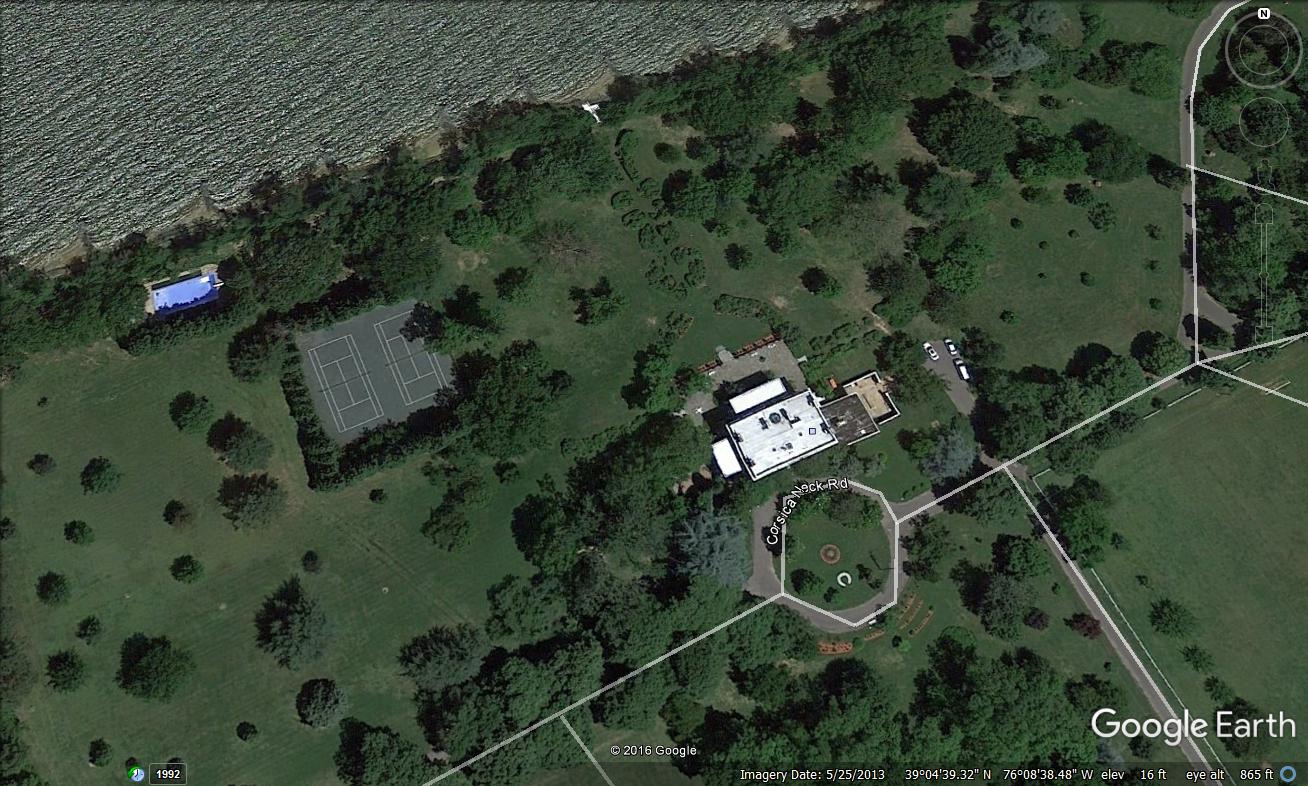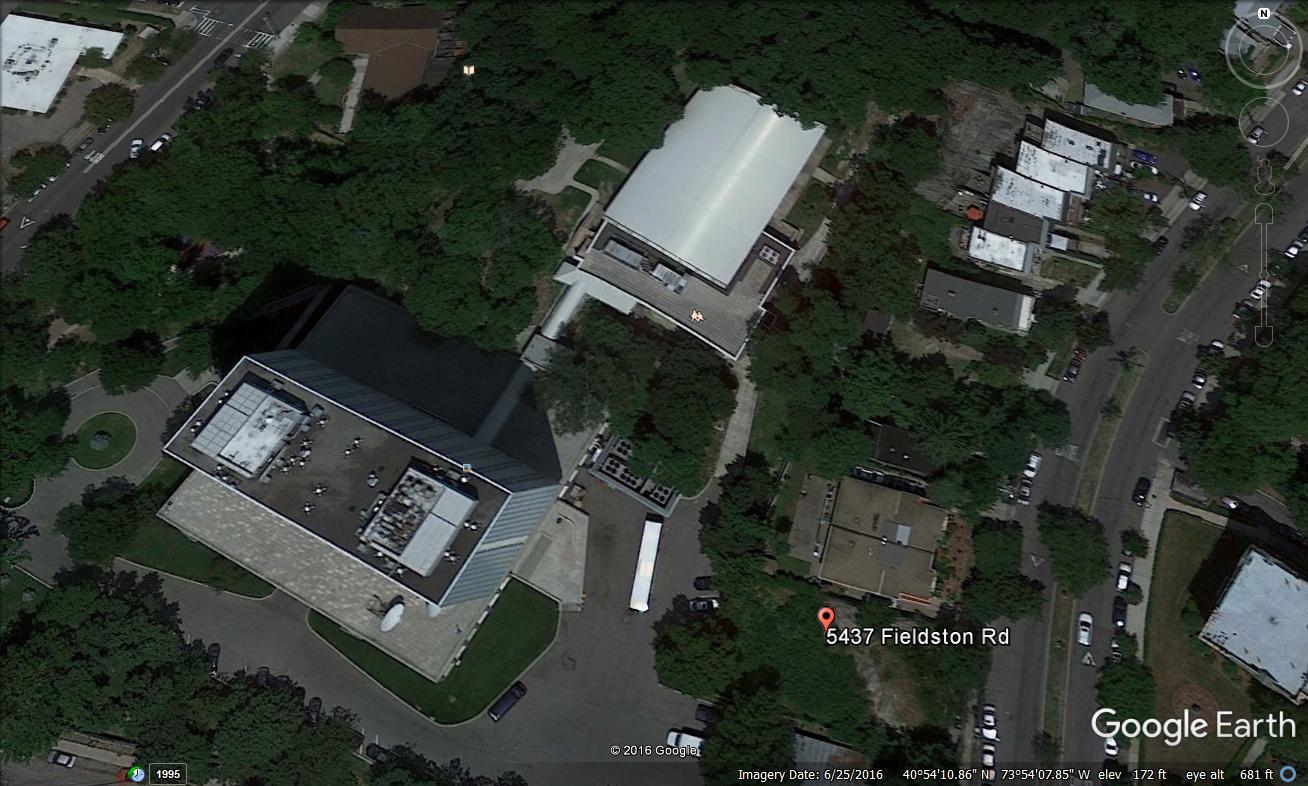Executive Editor Fionnuala Sweeney sits down with Steve Grobman, Chief Security Officer with the Intel Security Group. When it comes to America’s security in the cyberspace, the U.S. government and the private sector haven’t always seen eye to eye.
****
Stop the denial about Russian intrusion…..how about taking the United States out of the debate and examine other countries… you must also remember that all payments and or salaries are often paid for using Bitcoin….un-traceable. Have you thought about Islamic State migrating to hacking operations using ransomware?
****
Brit cyber warriors fight off two hacking attempts against the state every day
The National Cyber Security Centre has foiled 86 attacks in its first month – most of which are suspected to have come from China, North Korea, Russia, Iran and criminal gangs
Cyber warriors are fighting off more than two major hacking attempts against the British state every day.
Top targets include the Bank of England , the Ministry of Defence , nuclear bases, security services and infrastructure such as transport, the NHS and power systems.
Chief suspects are China, North Korea, Russia, Iran and major criminal gangs.
The National Cyber Security Centre foiled 68 major attacks in the first month after it was launched in October.
China is suspected of trying to steal technology or probing our security and finance systems while Russian is feared to be testing security and military networks.
It is believed North Korea may be doing all the above and Iran is suspected of acting for other countries, including Syria .
Retail, technology and security firms have also been hit. Senior security sources say a major theft of aerospace technology cost hundreds of millions of pounds.
It is thought cyber experts have responded to many of the attacks by hacking into systems used by the attackers. A source said: “This is the new front line.”
The NCSC was formed as part of a £1.9billion government crackdown.
At its launch Chancellor Philip Hammond said we had to hit back against “foreign actors” or face having planes grounded or being left in darkness.
Going back to 2012, was this fella part of a Kremlin authorized hack operation? If not, is he a proxy? Note what corporations and operations had cyber intrusions…
Dmitry Olegovick Zubakha, a 25-year-old man from Moscow, was indicted last year by a Seattle grand jury for conspiracy to intentionally cause damage without authorization to a protected computer and possession of more than 15 unauthorized access devices.
In addition to the attack on Amazon, Zubakha was linked to similar attacks on Priceline.com and eBay.
Along with fellow hacker Sergey Logashov, Zubakha is alleged to have launched the attack using a botnet of computers under the control of multiple users. The duo brazenly took credit for the attacks on hacker forums, according to the indictment.
In addition to their denial-of-service attacks, law enforcement also traced 28,000 stolen credit-card numbers back to both men, which helped lead to the arrest.
“Amazon is willing to expend dollars and energy beyond even what can be economically justified in order to bring cybercriminals to justice,” said company spokesperson Mary Osako in a statement.
If found guilty on all charges, Zubakha could face up to 37 years in prison and $750,000 in fines. Intentionally causing damage to a protected computer with a resulting loss of more than $5,000 is punishable by up to 10 years in prison. Logashov was also charged with the same count.
The arrest in Cyprus was a complex undertaking, with the U.S. Secret Service, the U.S. Attorney’s Office for the Western District of Washington and the Seattle Police Department all working together with global officials.
“The [three agencies] talking to each other is a direct result of the birth of the Department of Homeland Security,” security consultant Robert Siciliano told the E-Commerce Times.
American authorities are seeking Zubakha’s extradition.
According to the indictment, the first of two attacks lasted four and a half hours on June 6, 2008, before Amazon was able to intervene. Amazon’s servers were working overtime, on a magnitude of between 600 and 1,000 percent of normal traffic. The second attack began on June 9 of the same year and lasted until June 12.
Zubakha was also charged with aggravated identity theft for using the credit card of a Lake Stevens, Wash., resident illegally.
“This defendant could not hide in cyberspace,” said U.S. Attorney Jenny A. Durkan, head of the Justice Department’s Cybercrime and IP Enforcement Committee. “I congratulate the international law enforcement agencies who tracked him down and made this arrest.”
Logashov is still at large.








